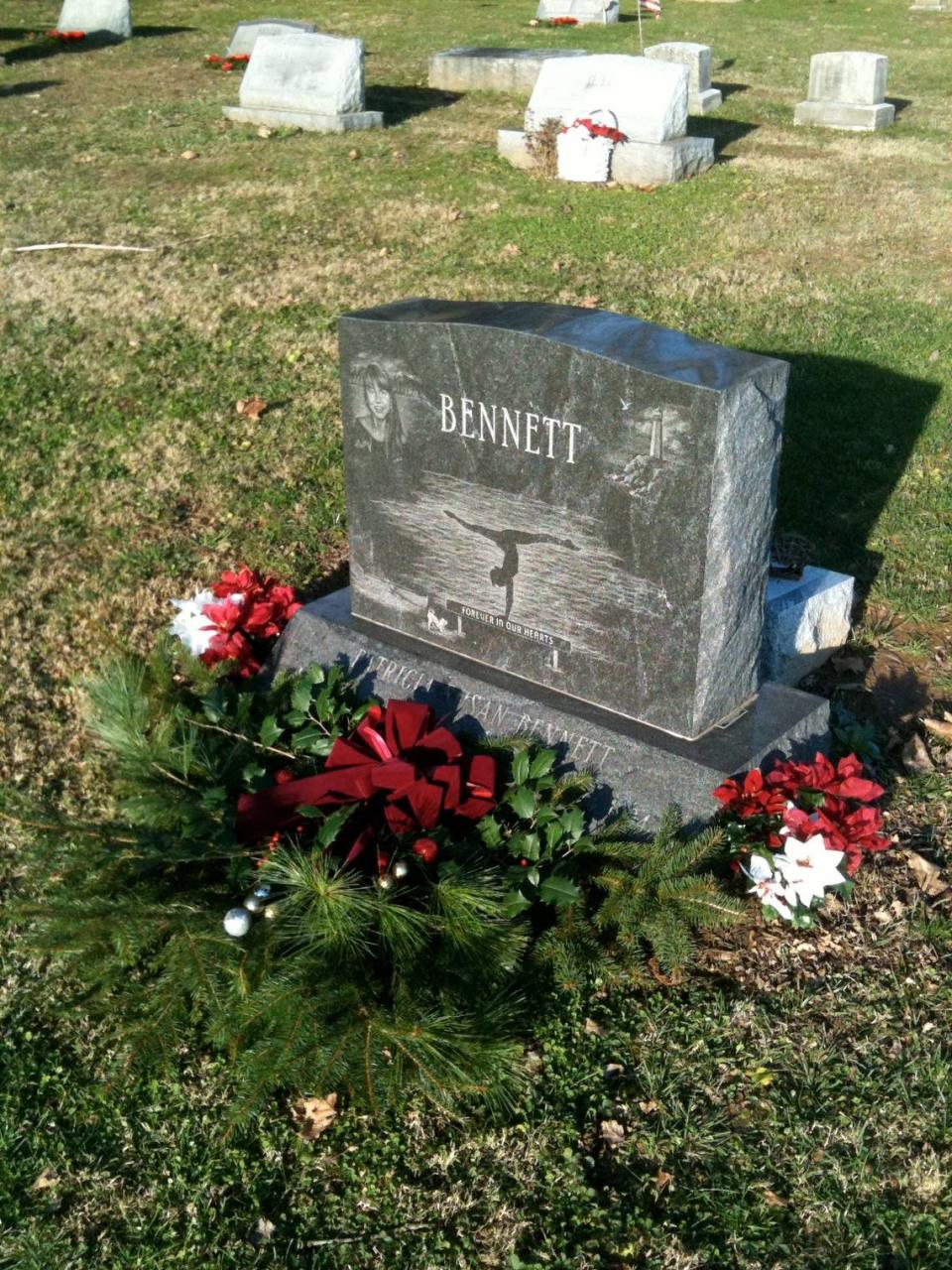Residents, grieving families call for action to slow extreme speeders in NC
To this day, Doug Bennett still gets choked up when he thinks about his daughter Patty.
She was a 19-year-old sophomore at Gardner-Webb University, a top-flight gymnast with dreams of one day running her own gym.
On Sept. 24, 1994, Patty climbed into a Mustang convertible with four other teenagers. The driver was going 75 mph on a two-lane country road in Cleveland County when he lost control at a curve and slammed into a ditch, according to a Highway Patrol report. Patty flew into the windshield and died.
Since then, her father said, North Carolina’s speeding problem has only gotten worse. When he travels on Interstate 485 in Charlotte these days, “no matter what time of day, the NASCAR wannabes are out there.”
“If you get in the far left lane, you need to be prepared to go 15 to 20 mph over the speed limit to not get run over,” he said. “In no time, you find yourself being tailgated to the point where you can see the whites of the eyes of the person behind you.”

Bennett was among readers who responded to “Death in the Fast Lane,” a recently published investigation by the Charlotte Observer and News & Observer in Raleigh. The newspapers’ stories showed that extreme speeders increasingly cause havoc on North Carolina’s highways, and that state officials have allowed it to happen.
Enforcement has been spotty, particularly during the pandemic, the investigation found. And the state’s overwhelmed courts let thousands of extreme speeders off easy. As a result, many in North Carolina are able to drive at dangerous speeds and escape punishment.
Raleigh resident Melanie Walker said she encounters so many high-speed drivers she sometimes feels “like I’m taking my life in my hands.”
On the Raleigh Beltline, Walker often sees cars weaving from lane to lane — and going at least 90 mph.
“I’ve lived here since 1997, and I’ve never seen it as bad as it is now,” the retired school teacher said. “...Where are the police?”
Like many other readers, Walker believes that egregious speeders need to face tougher penalties.

Each year, more than 140,000 drivers in the state are charged with going 20 mph or more over the speed limit. But in the past five years, fewer than 5% were convicted as originally charged, the newspapers’ analysis found.
“People are getting away with a very light slap on the wrist,” Walker said. “There definitely needs to be stronger accountability.”
Charlotte resident Virginia Whedon also asked why so many speeding drivers are able to escape serious consequences.
Over the past five years, prosecutors in North Carolina let almost 218,000 extreme speeders take advantage of a loophole in state law that allows them to claim, with no proof, that their speedometers weren’t working properly. These “improper-equipment” deals let drivers resolve their speeding cases without any license or insurance penalties.
“I am appalled at this loophole,” Whedon wrote. “Lives are lost because of it.”

Tougher penalties needed, readers say
Steve Hall, a software engineer who lives just outside of Davidson, works from home. But once or twice a month, he encounters drivers on Interstate 77 who appear to be going more than 95 or 100 mph.
“They’re coming up so fast on you, you have to look around and see what your options are,” Hall said. “If someone switches lanes at the wrong time, that’s it for everybody in the vicinity.”
On Friday and Saturday nights, Hall often hears souped-up cars racing down nearby Sam Furr Road.
“To me, an excessive speeder is no different than someone who is not just loading a gun, but actually firing it into a crowd,” Hall said. “Maybe they hit someone, maybe they don’t. The action is pre-meditated and deserves substantial deterrents and penalties.”
Huntersville resident Bob Inskeep said he also frequently sees dangerously fast cars on I-485 and I-77. Some of the drivers, he said, weave from lane to lane, “passing and narrowly missing the front of my car to get back in the lane.”
Automated enforcement devices might help, Inskeep said.
Numerous studies have shown that speed cameras — which detect and take photos of speeding cars — curb speeding and reduce serious crashes. They are used in 16 states, but not North Carolina.
Public officials have failed to recognize the severe consequences of extreme speeding, Inskeep said.
“They are truly the ones guilty of perpetrating a crime,” he said.
Bennett, the man who lost his daughter to a high-speed crash, agrees. Lawmakers, he said, need to enact tougher speeding laws. And when speeding drivers appear in court for the third or fourth time, he said, “there needs to be a hammer.”
“It was apparent through your findings that habitual speeding, with some drivers, is as habitual as driving under the influence with similarly potentially deadly outcomes,” Bennett told the Observer.
“If this goes nowhere,” he said, “shame on the state of North Carolina.”
